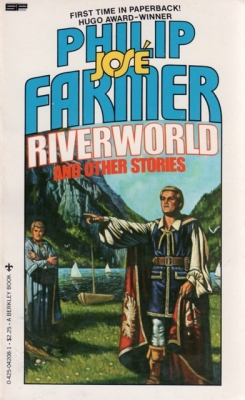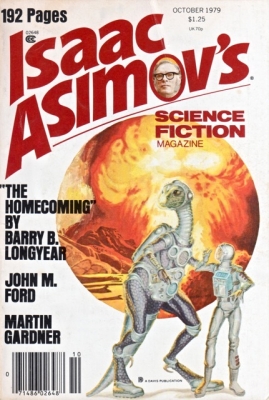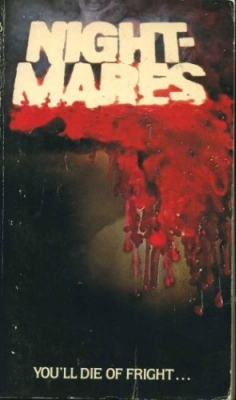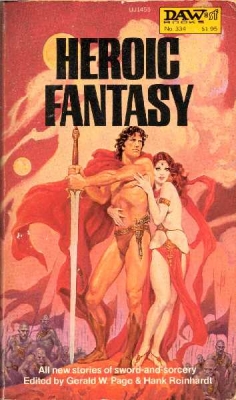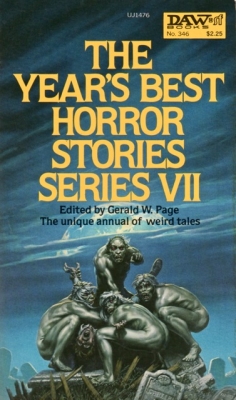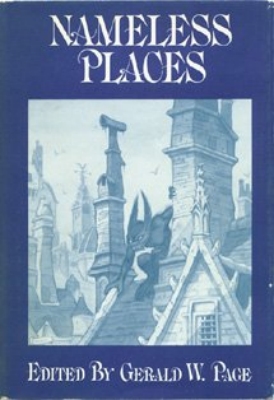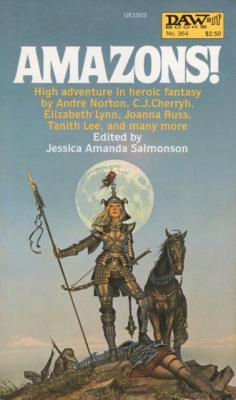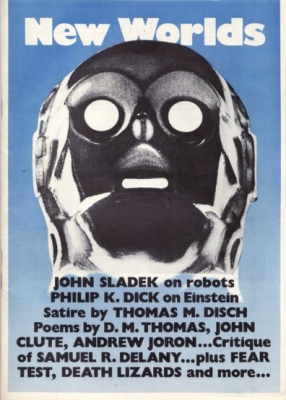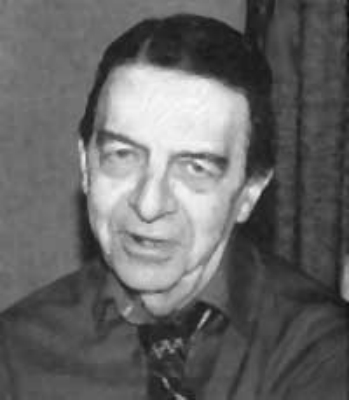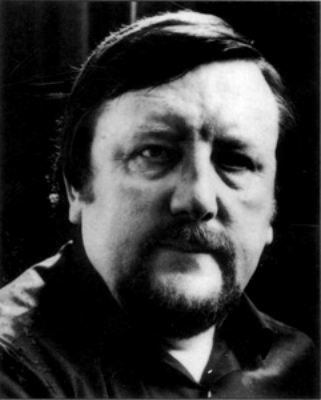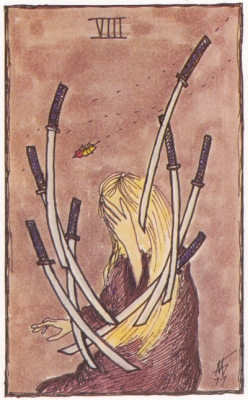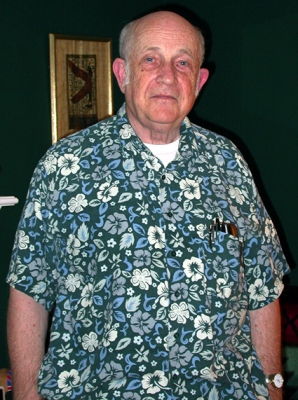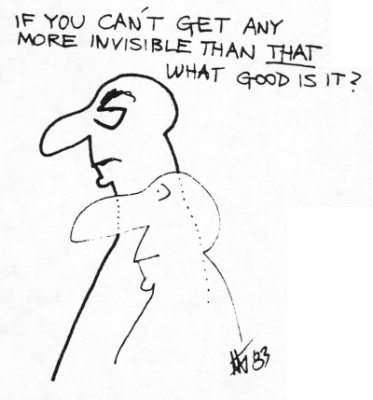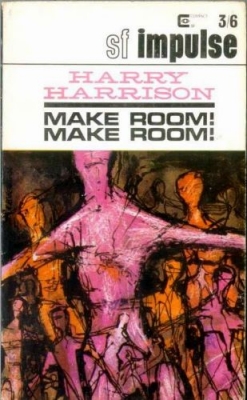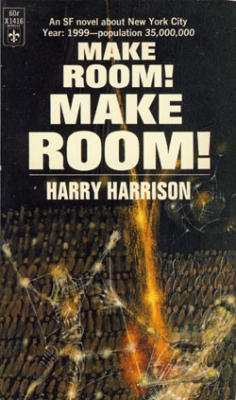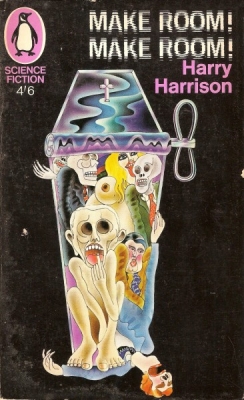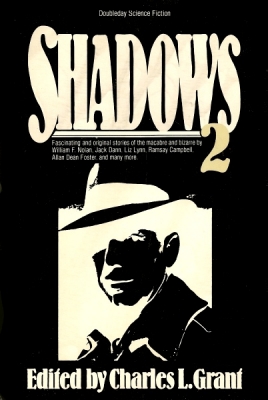A Lasting Exploration of What the Beatles Mean: Across the Universe: Tales of Alternative Beatles edited by Michael A. Ventrella and Randee Dawn
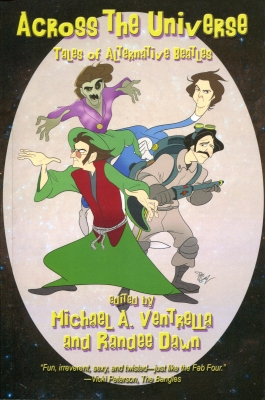
Although the Beatles, as comprised of John, Paul, George, and Ringo, only existed as a band from August 1962 until April 1970, they left an indelible mark on the music and culture of the world that is constantly being discovered, explored, and reinvented. One of those reinventions occurred in 2019 with the release of the film Yesterday, in which singer Jack Malik discovers he is one of the few people in the world who remembers the Beatles and builds a career out of recreating their songs. Even before that film was released, however, editors Michael A. Ventrella and Randee Dawn were at work creating the anthology Across the Universe: Tales of Alternative Beatles.
At lunch in the executive dining room of Black Gate Tower a couple of weeks ago, our esteemed editor and I were finishing our desserts (wild honey pie for me, Savoy truffle for him), when he asked my opinion of Yesterday. I described what I liked about it, what I felt could have made it better, and explained that I viewed a world without the Beatles or Coke as essentially dystopian. I told him why the alternative ending would have improved the film and, at the same time, opened up other questions that it hadn’t addressed.
Two days later I was summoned into the presence of the giant, floating holographic head that gives Black Gate writers their assignments, and presented with a copy of Across the Universe. Our conversation at lunch had been sounding me out for my knowledge of all things Beatle.
Jody Lynn Nye has cast the Fab Four as powerful elemental wizards and follows the adventures of George, the water mage, as he strikes out on his own and finds himself face-to-face with a powerful enemy. The story explores the difficulties of making it on your own when you’re used to working in a group, but also points out how experiences continue to inform a person’s actions. Nye also looks beyond Harrison’s career with the Beatles and even his solo career for her source material.
